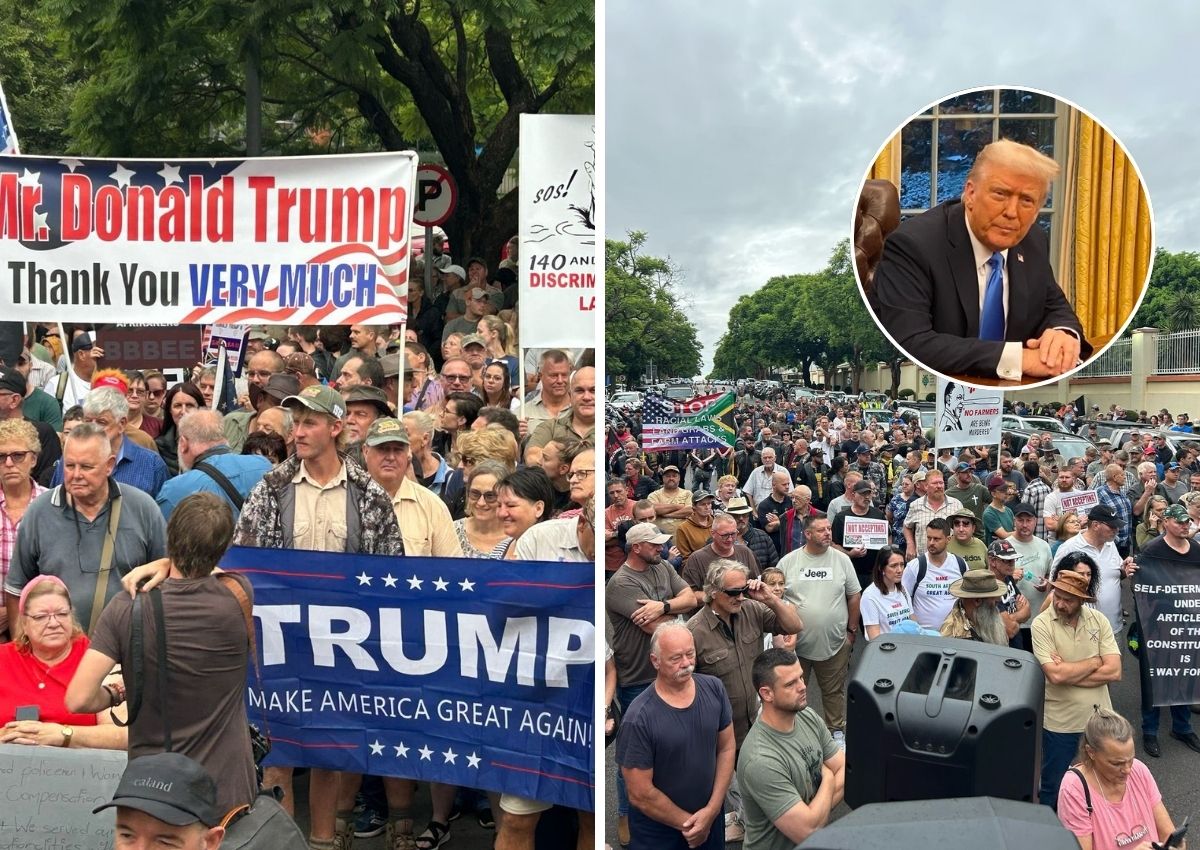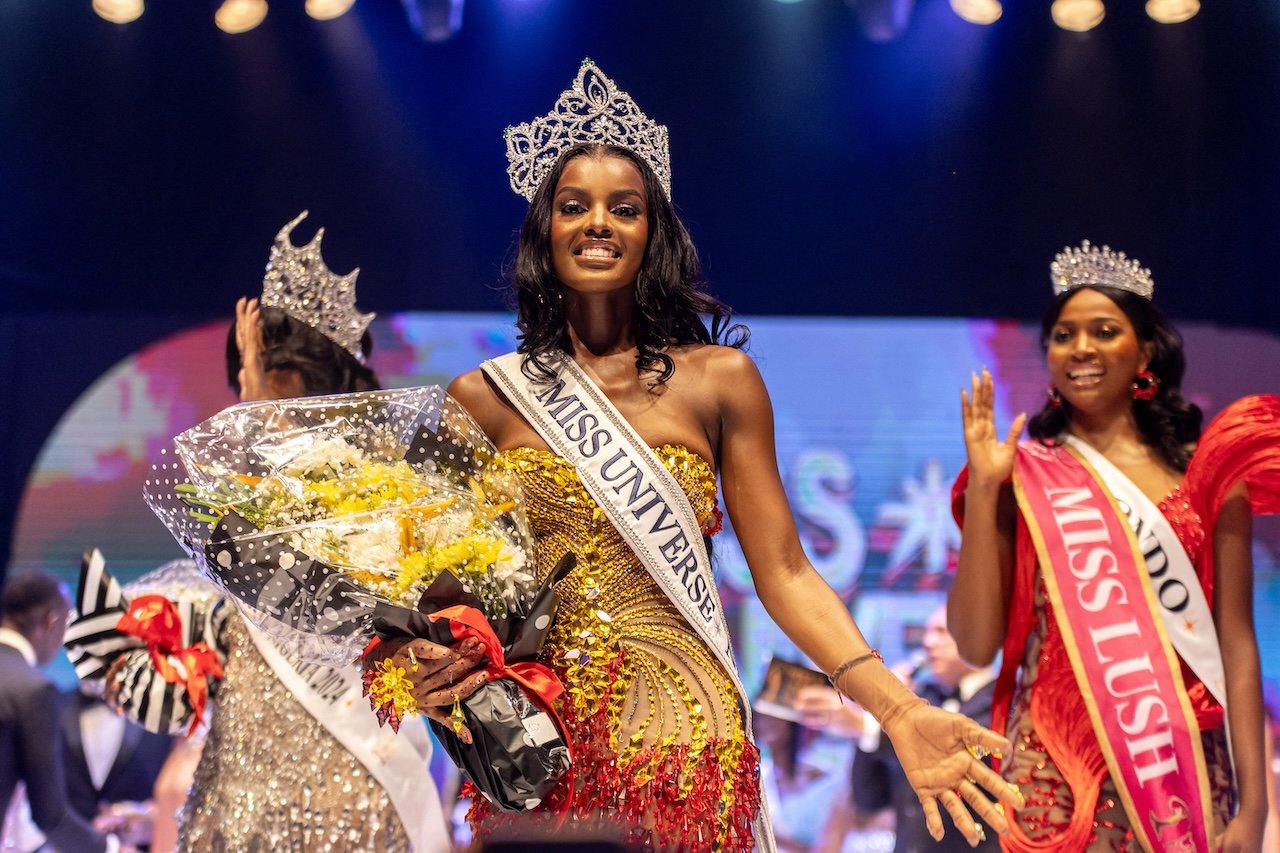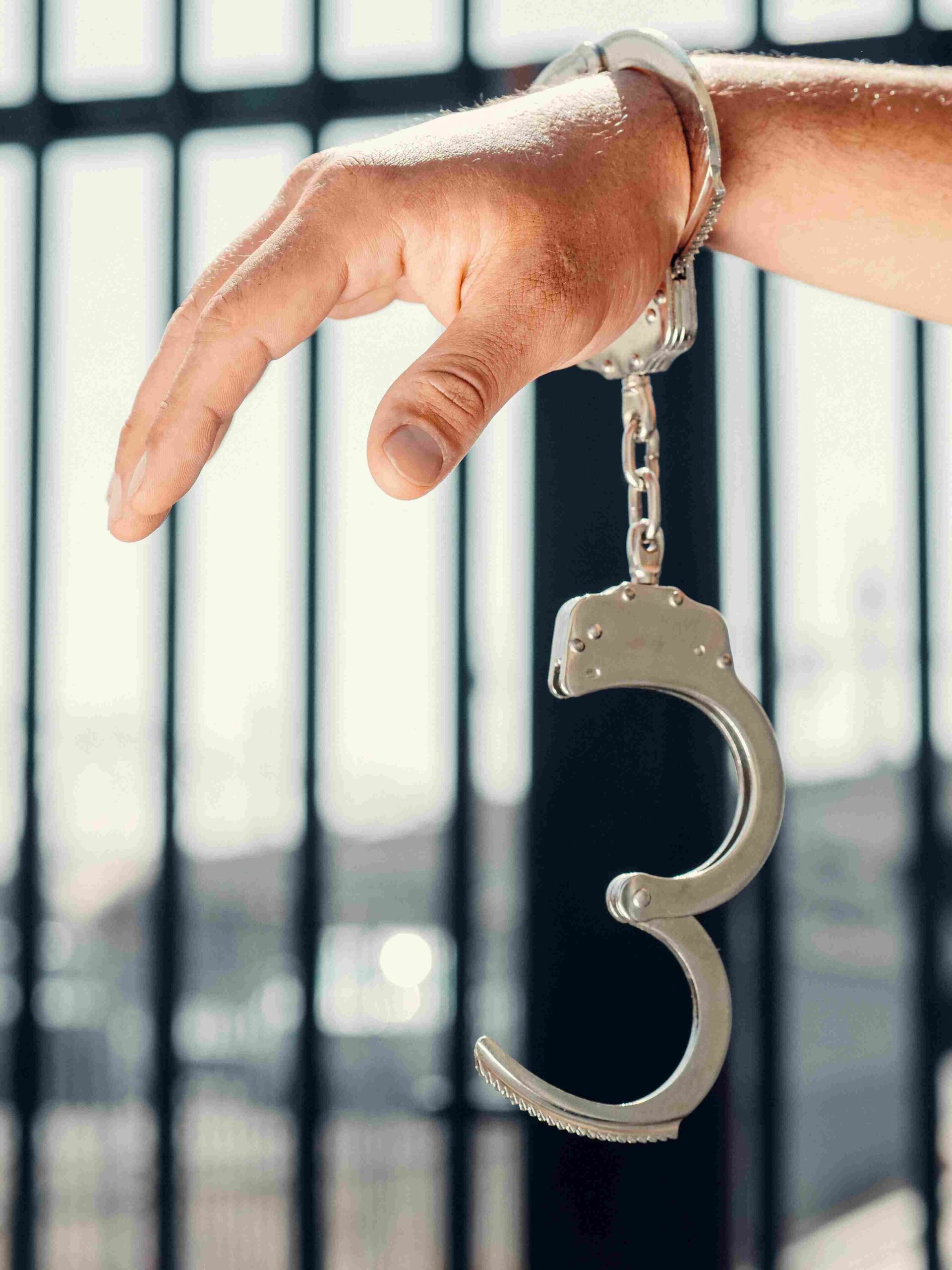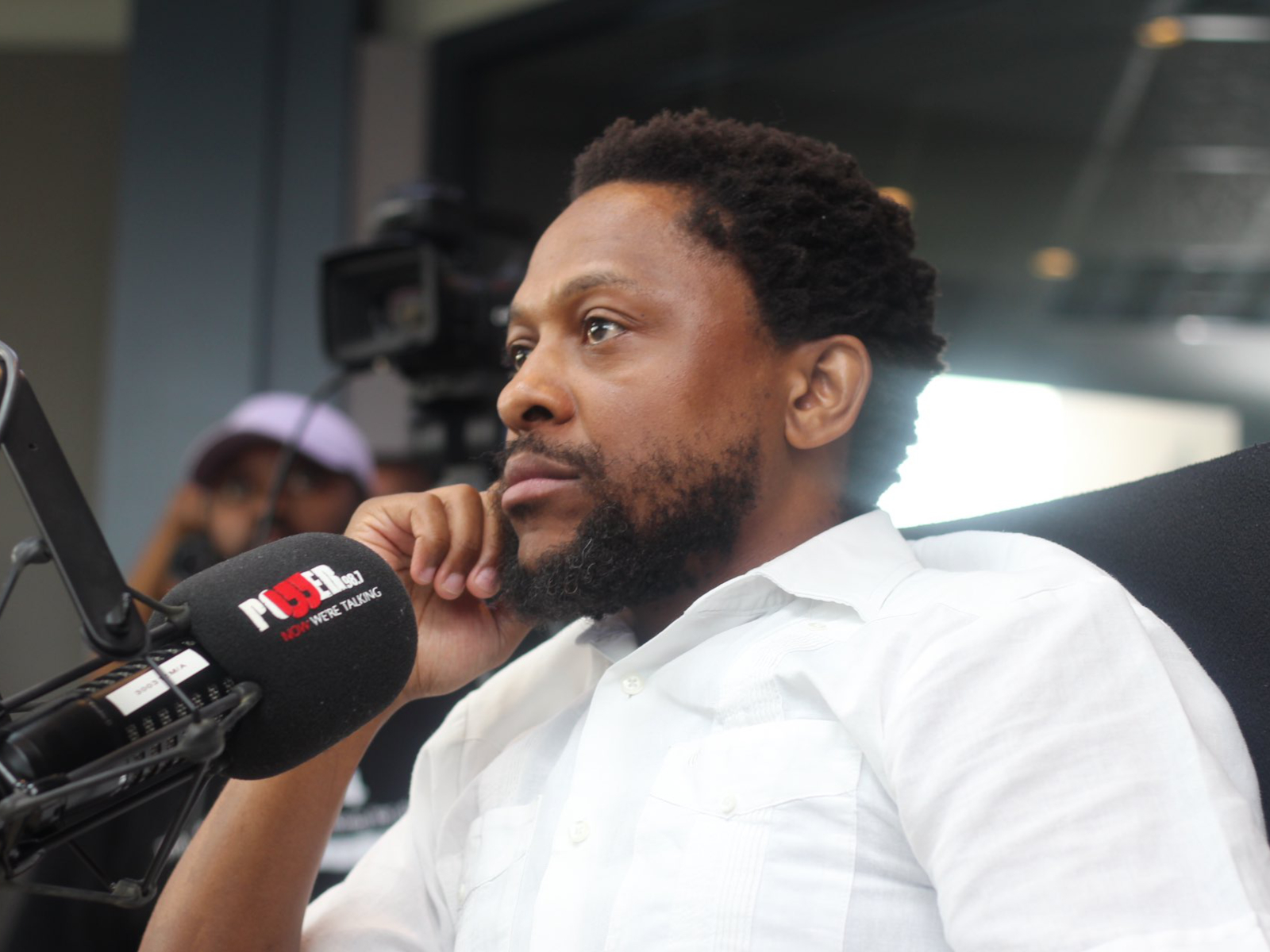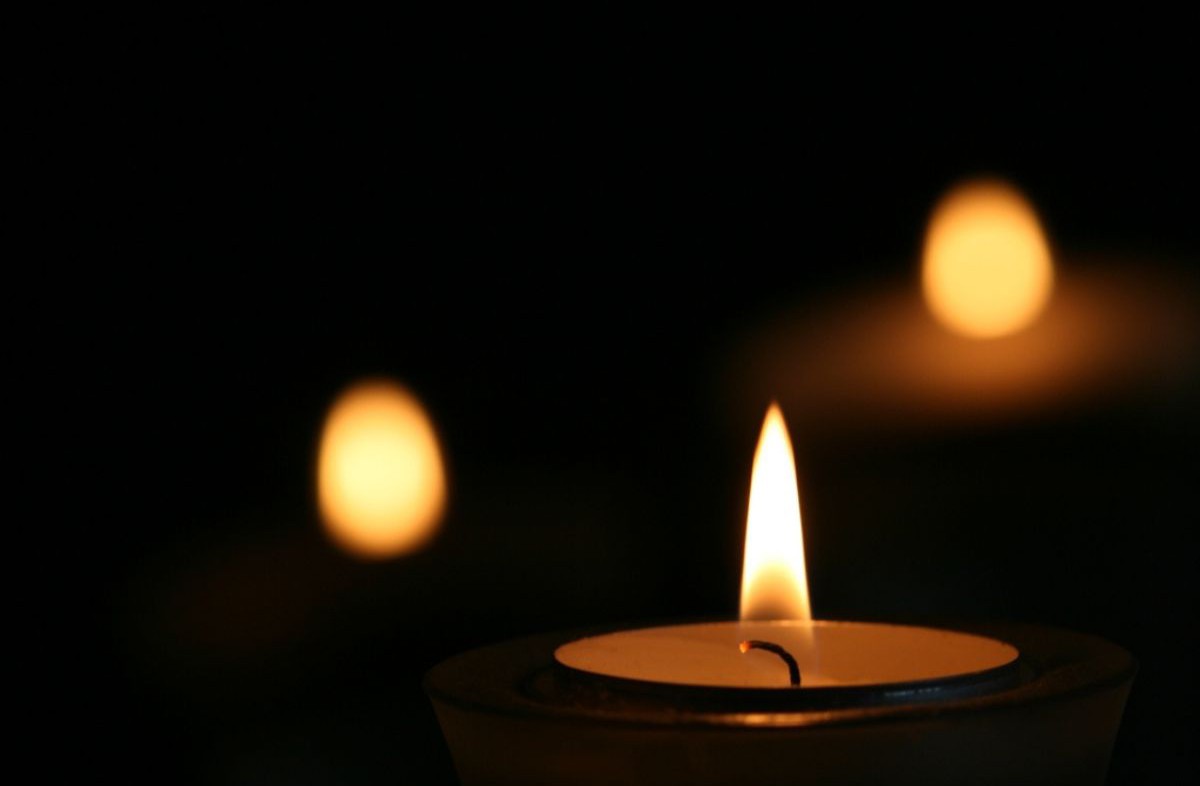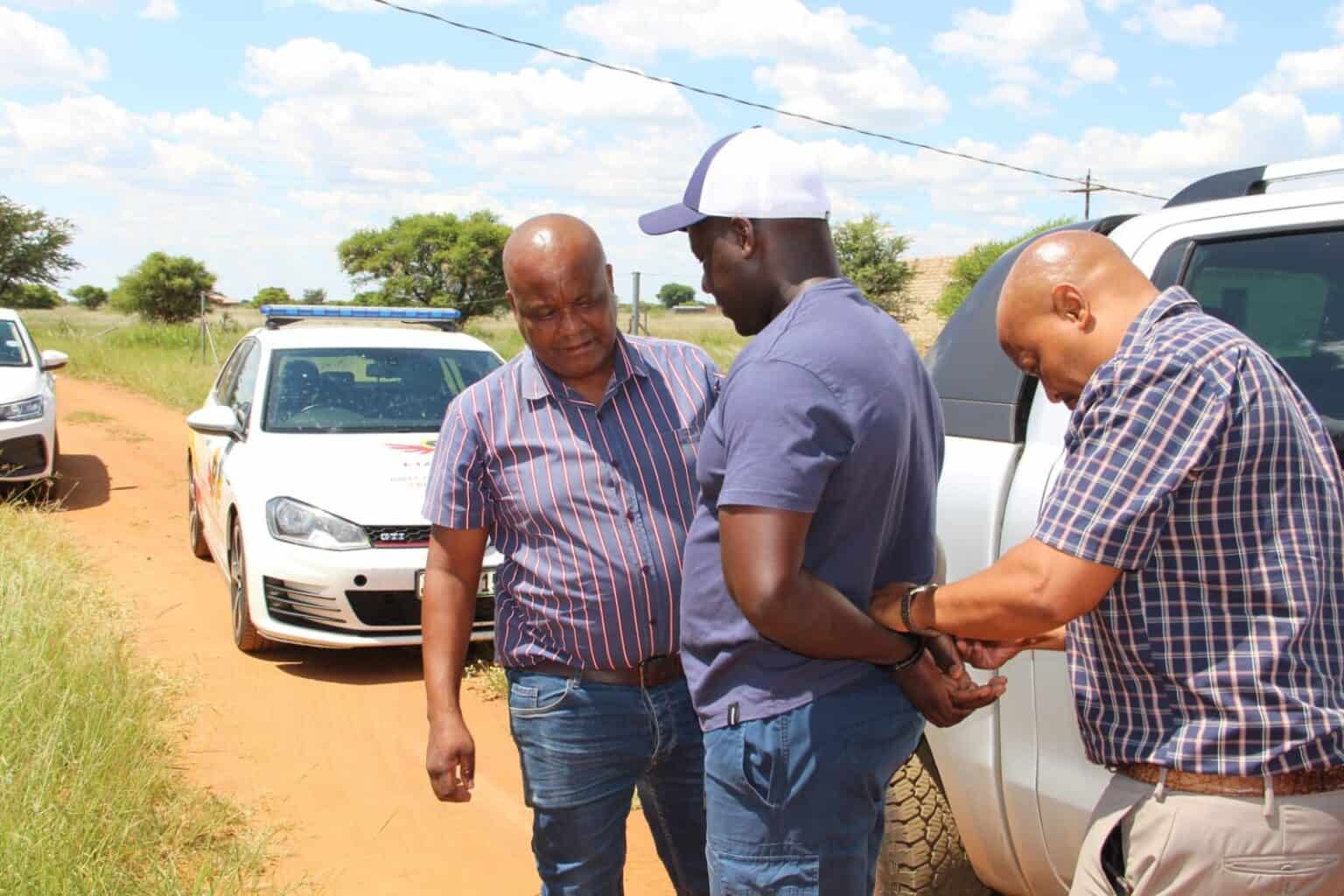By Celani Sikhakhane
- Traditional leaders say they lack basic tools like cars and laptops needed to help their communities properly.
- Leaders want the government to restore kingdoms and land taken during apartheid and colonial times.
Traditional leaders in Limpopo and the Eastern Cape say they can’t do their jobs properly because the government won’t give them basic tools like cars and laptops.
They also want the government to restore their kingdoms and land that was taken during colonial and apartheid times.
Senior traditional leader Khayizeni Maswanganyi from Giyani led a protest to the provincial government offices in Polokwane on Wednesday.
He says the government recognised him as a leader in 2020 but hasn’t given him what he needs to work.
“I was recognised in 2020, but till today I don’t have a laptop, including a car, to work for my community. This is a concern to all traditional leaders here in Limpopo,” said Maswanganyi.
The Kgatla Commission recognised Maswanganyi in 2017 after looking into more than 500 leadership disputes in Limpopo. But the Supreme Court of Appeal stopped his recognition in 2023 after Mkhacani Hlaneki of the Hlaneki Traditional Council challenged it.
King Tshezi of amaBomvana and Bambo Kingdom travelled from the Eastern Cape to join the protest. He says the government needs to fix the damage done to traditional leadership by apartheid.
“We travelled from the Eastern Cape to join this protest because we want our government to pay more focus on us and fix the wrongdoing of the apartheid regime that destroyed many kingdoms like ours,” said King Tshezi.
King Tshezi’s people come from King Hintsa kaKhawuta and Queen Consort Nomusa kaGambushe Tshezi of AmaXhosa.
The amaBomvana and Abambo are currently fighting over who should be the principal traditional leader.
Last year, the amaBomvana nation took the Eastern Cape government and President Cyril Ramaphosa to court. They wanted Nkosi Thandabantu Gwebindlala to be made principal chief.
Pictured above: Opening of the national house of traditional leaders.�
Image source: Cooperative Governance and Traditional Affairs

